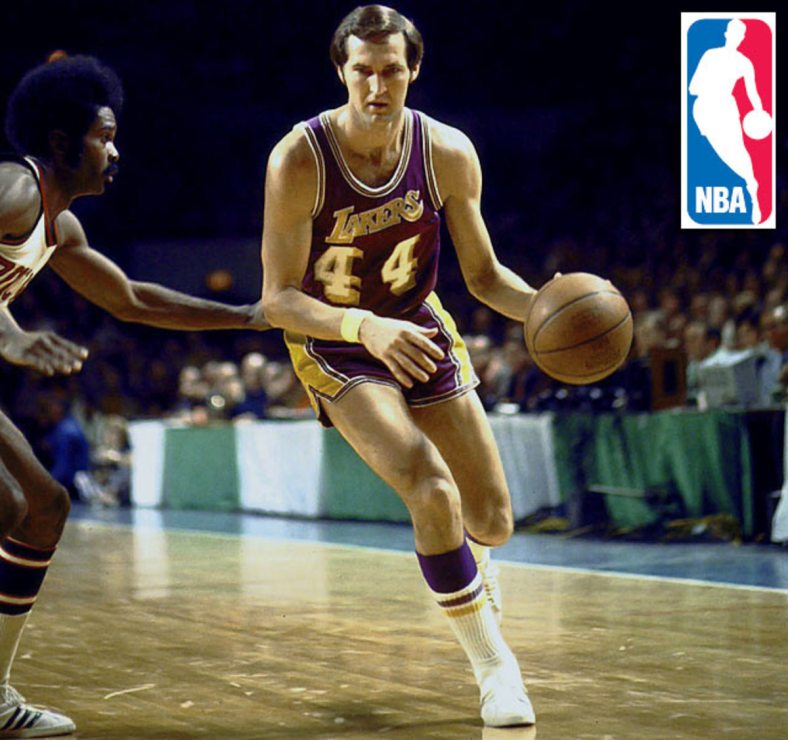Movie quote of the day:
“End? No, the journey doesn’t end here. Death is just another path… One that we all must take.”
— Gandalf, “The Lord of the Rings: The Return of the King” (2003)
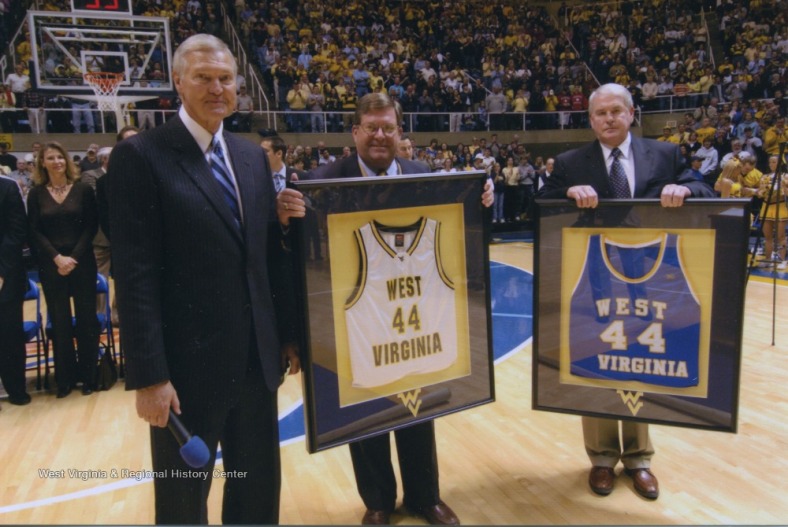
I typically don’t get too emotional when notable people die, let alone write a blog post about it. However, the passing of Jerry West this week hits close to home for me. I was gutted when I pulled into work Wednesday and saw the news about his death.
Like West, I’m a son of West Virginia and WVU alumnus. I was born in Charleston, which is in the same county where West grew up in West Virginia. Although, I don’t think I could find East Bank (the town that West is from) without the help of my phone’s GPS.
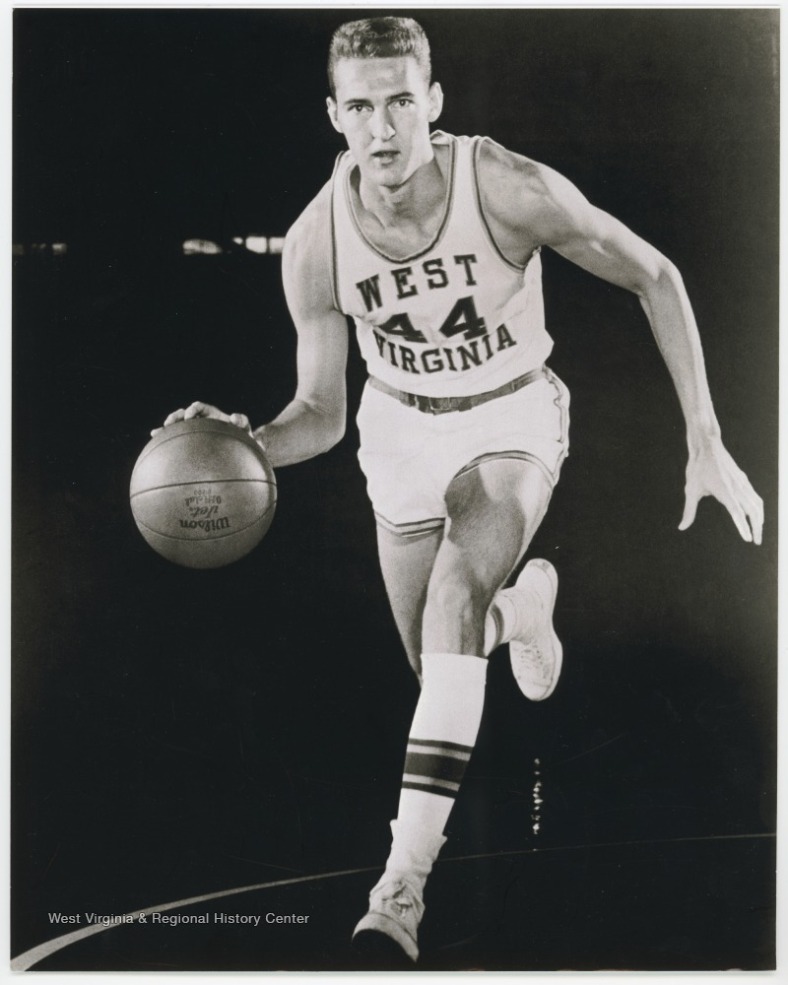
I might’ve grown up in Alabama, but I was raised in a WVU family. I was told many stories about West throughout my childhood. I was also probably one of the few kids my age outside of West Virginia who knew his name. I was even there when WVU retired West’s number in 2005.
West remains the all-time leading scorer (2,309 points) in the history of the WVU men’s basketball program. “Hot Rod” Hundley ranks second with 2,180 points and Da’Sean Butler is third with 2,095 points. That’s incredible when you consider that West wasn’t allowed to play as a freshman and the NCAA didn’t introduce the 3-point line until the 1980s. He was two points shy of winning a national championship for the Mountaineers in 1959, and also helped win the gold medal for the United States before joining the NBA in 1960.
West isn’t only the best player in the history of the WVU men’s basketball program, but he’s arguably the face of WVU athletics. West might also be the most notable person from West Virginia. I know that the entire state and WVU fanbase is currently in mourning.
Another reason why I have such a soft spot for West is because his story reminds me of my grandfather, who died a little over five years ago and was a huge fan of him. They were both born around the same time, from very small towns in West Virginia, and went on to live in two of the biggest cities in the country once they left the state after school. West went from East Bank to Los Angeles when he was drafted by the Lakers and my grandfather went from Twilight to New York when he joined the Army.
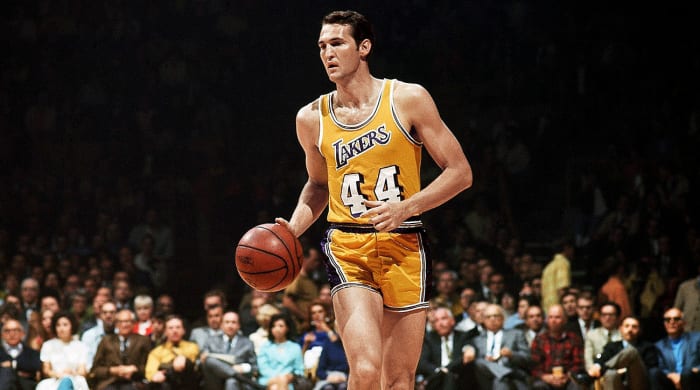
Of course, people outside of West Virginia are likely familiar with West because of how impactful he was in the NBA. As a player, he was a 14-time All-Star, 10-time first-team All-NBA, and won the NBA Finals in 1972. West also appeared in the NBA Finals nine times and is the only player in league history to win Finals MVP on the losing team in 1969. Four of his losses in the NBA Finals were by a combined 21 points in a Game 7 situation, so West had unbelievably bad luck as a player.
While he was playing in the league, the NBA used his silhouette as the league’s logo and has kept it to this day (see below). That’s what gave West the nickname, “The Logo.” Two years after retiring, he became the head coach of the Lakers. West wasn’t the head coach for very long, but he had some success. The Lakers made the postseason in his three seasons as head coach before he made the transition to the front office.
The bulk of West’s success in the NBA came as an executive. He was part of the front office that put together the “Showtime Lakers” dynasty that won five championships in eight Finals appearances in the 1980s, led by Magic Johnson, Kareem Abdul-Jabbar, and James Worthy. West eventually became the general manager of the Lakers in 1982 and held the position for 18 seasons.
Right before departing the Lakers in 2000, he laid the foundation for the next Lakers dynasty by signing Shaquille O’Neal, trading for the draft rights to Kobe Bryant, and hiring Phil Jackson to be the team’s head coach. The Lakers went on to win five championships in seven Finals appearances between 2000-10. West continued to have success as an executive after the Lakers, though.
In 2002, he became the GM of Memphis. At the time, the Grizzlies were just coming off the move from Vancouver and had zero postseason appearances. In fact, Memphis never won more than 28 games before West took over the team. He turned things around quickly, with Memphis appearing in the playoffs three times in five seasons. West retired as Memphis’ GM in 2007. I think it’s fair to credit him as the reason why the Grizzlies have made the postseason 13 times in the last 22 seasons.
In 2011, West joined Golden State’s front office. He wasn’t the one to draft Steph Curry and Klay Thompson, but West had a hand in the Warriors becoming the NBA’s next dynasty in 2015. He was resistant to Golden State’s urge to trade Klay Thompson and persuaded Kevin Durant to join the team in 2016. West left the Warriors to join the Clippers’ front office in 2017, where he stayed with the team until his death. During his time with the Clippers, he helped them land star players Kawhi Leonard and Paul George.
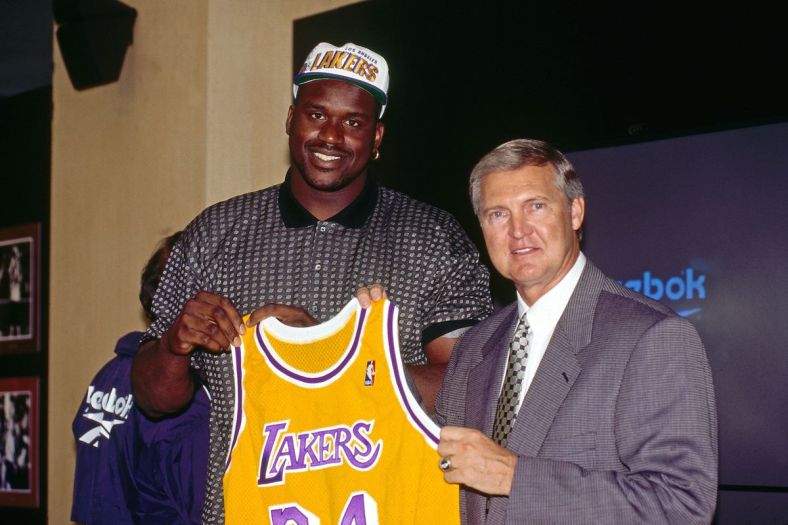
Other than arguably Michael Jordan, I don’t think anyone has done more for the game of basketball and the NBA in the last 60 years more than West. He has so many accomplishments as a player, coach, and executive. West was one of the best players of his generation and had some of the best nicknames (“Mr. Clutch,” “Mr. Outside,” “Zeke from Cabin Creek”). In my opinion, none of them top “The Logo,” though.
He also helped put together some of the best NBA teams that we’ve seen in the last 40 years. I think that there’s even an argument that he should be considered the face of the Lakers. Since the team moved to Los Angeles in 1960, West had a hand in every single championship that the Lakers have won (except 2020). You could also credit him with the four championships that Golden State won between 2015-22. That means that he’s had a hand in as many as 15 NBA championships since 1972.
I’m obviously most affected by West because he’s from West Virginia and played at WVU. His contributions helped put the school’s basketball program on the map in the 1950s. The Mountaineers have been successful to this day because of West. It could’ve been easy for him to turn his back on West Virginia once he made it big in the bright lights of Los Angeles, but he didn’t. It always seemed like West never forgot where he came from and was appreciative of everyone back home. That means a lot to West Virginians, who take a lot of pride in their state and have an “us against the world” mentality.
My grandfather loved watching West and telling stories about him, and I’ve been thinking about those stories quite a bit this week. Even though I never had the pleasure of watching him play or meeting him, West always had a presence in my family. The news of his death has been difficult to process because of how much he meant to my family, WVU, and the state of West Virginia. If I’m fortunate enough to have kids, I’ll be sure to tell them of West’s legacy.
Rest in peace, “The Logo.”
